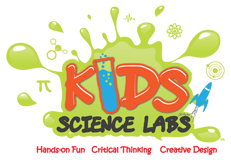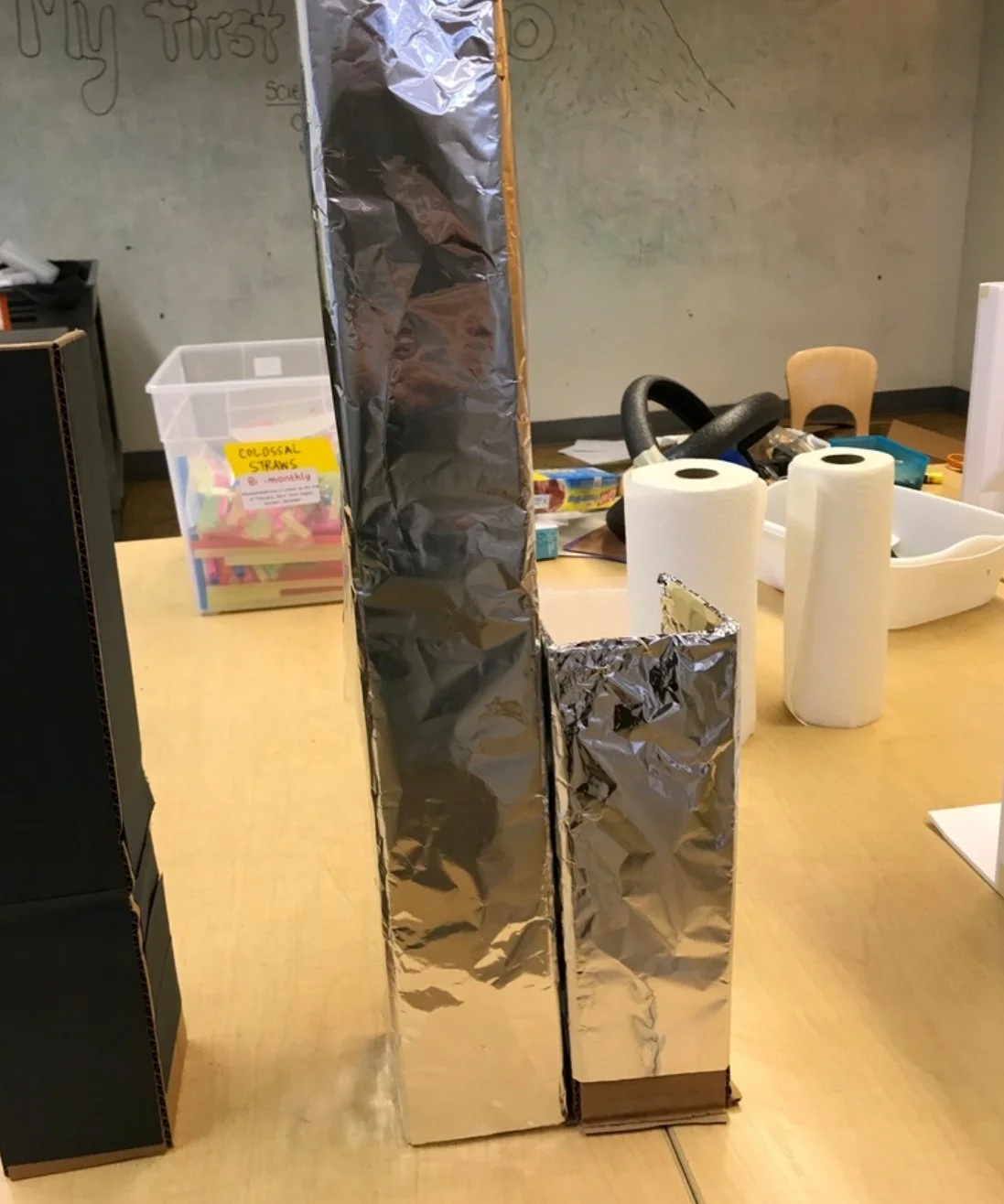Seattle For Kids
Seattle is a city full of exciting opportunities for children to explore, learn, and have fun! Whether you’re a local or visiting, there’s no shortage of kid-friendly activities that will make lasting memories. Seattle has something for every child, from engaging birthday parties to summer programs that foster creativity and growth. Let’s dive into some of the best things to do for Seattle Kids!
Things to Do for a Kids Birthday in Seattle
Planning a fun and memorable birthday celebration for your child? Seattle offers a variety of exciting venues where kids can celebrate their special day. Here are some fantastic birthday party options for your little one:
1. Kids Science Labs
Known for outstanding teaching, and hands-on science discovery that addresses kids fundamental curiosity, , Kids Science Labs is the ultimate Seattle Fun Thing to Do with kids. Our Seattle Summer Camps and kids birthday parties are engaging, fun, and hands-on. Kids will get to perform exciting experiments, create gooey slime, and dive into the world of science with our loved teachers. We have been perfecting our science experiments and activities since 2010 and love to engage and exite children age four and up. If your child loves asking, "How does this work?" and "Can I try that?", Kids Science Labs is an excellent place to foster their curiosity.
2. Roaring Mouse is a Great Seattle Place for Kids
If your child loves creative play, Roaring Mouse offers an amazing experience with DIY art and craft birthday parties. Kids get to create their own masterpieces, make a mess, and enjoy their artistic endeavors. It’s a perfect way to let children explore their artistic side while having a blast with friends.
3. Hands On Children’s Museum
The Hands On Children’s Museum in Olympia (a short drive from Seattle) is a great place to host a birthday party. With interactive exhibits on everything from science to art and water play, it’s sure to keep kids entertained and engaged all day long. The museum provides educational fun that encourages curiosity and hands-on learning.
4. Arena Sports
For kids who love to stay active, Arena Sports offers birthday party packages featuring games, inflatables, and plenty of space to run around. Whether it’s soccer, dodgeball, or an obstacle course, Arena Sports delivers a high-energy celebration experience.
5. Catapult Adventure Park
If your child loves adventure and thrill, Catapult Adventure Park is an exciting option. With activities like a giant swing, zip lines, and aerial obstacle courses, it’s a perfect destination for an adrenaline-filled birthday party. Kids will love the challenge and the adventure in a fun and safe environment.
Seattle Summer Programs for Children
Summer is the perfect time for kids to explore new interests, build skills, and have fun. In Seattle, there are plenty of summer programs that offer everything from STEM activities to arts and sports. Here are some of the best programs for your child:
1. Kids Science Labs
At Kids Science Labs, our summer programs are designed to engage young minds in hands-on learning experiences that combine science, creativity, and fun. From experimenting with slime to learning about physics and chemistry through play and STEAM projects, our summer camps keep kids curious and excited about learning. Kids will gain confidence in science, build problem-solving skills, and make new friends—all in an interactive, engaging environment. We are located at 405 NE 71st St in Seattle, Washington. To learn more about our summer camps, visit here.
2. Tech Revolution
Tech Revolution offers summer programs where kids dive into the world of coding, robotics, and computer science. Kids will have the chance to build their own apps, robots, and video games while learning valuable STEM skills. If your child loves technology and problem-solving, this is the perfect program for them!
3. Seattle Parks and Recreation
Seattle Parks and Recreation offers a wide variety of summer programs for kids, including outdoor camps, sports, art, and swimming. These programs allow kids to enjoy the natural beauty of Seattle while learning new skills and making lasting friendships.
4. YMCA
The YMCA provides summer camps that focus on fitness, arts, and outdoor activities. Whether your child is interested in sports, nature, or building new friendships, the YMCA offers fun and educational opportunities to make the most of the summer.
5. Froglegs Cooking School
For kids who love cooking and trying new things, Froglegs Cooking School offers fun and interactive culinary camps. From baking to making international dishes, your child will develop essential cooking skills while learning about different cultures through food.
Seattle is bursting with amazing opportunities for kids to have fun and learn new things. Whether it’s celebrating a birthday with science experiments at Kids Science Labs or enrolling your child in a summer program that fosters creativity and critical thinking, there’s no shortage of exciting options. Whatever you choose, make this summer a season of adventure, learning, and fun for your child!


















